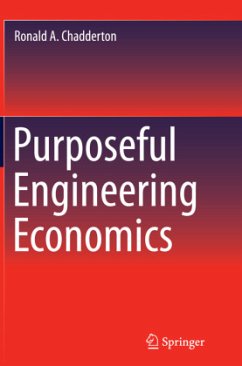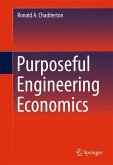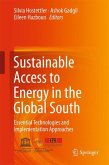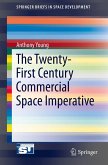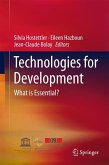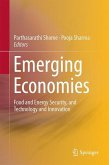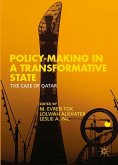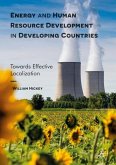Purposeful Engineering Economics stands as a unique and highly original complement to the traditional engineering economics curriculum. This primarily narrative text conveys the essence of an "Austrian" economic perspective on cash flow analysis and decision making in engineering without extensive tables and graphs and requires very little mathematics. The book's objective is to add a new perspective to the usual study of cash flow analysis and solely econometric engineering decision making. The author draws on the methodology of the Austrian Economists-a school of economic thought that bases its study of economic phenomena on the interpretation and analysis of the purposeful actions of individuals. The book includes an array of illustrative case studies examined in detail by the author and emphasizes the importance of market processes and price signals to coordinate engineering plans.
Bitte wählen Sie Ihr Anliegen aus.
Rechnungen
Retourenschein anfordern
Bestellstatus
Storno

